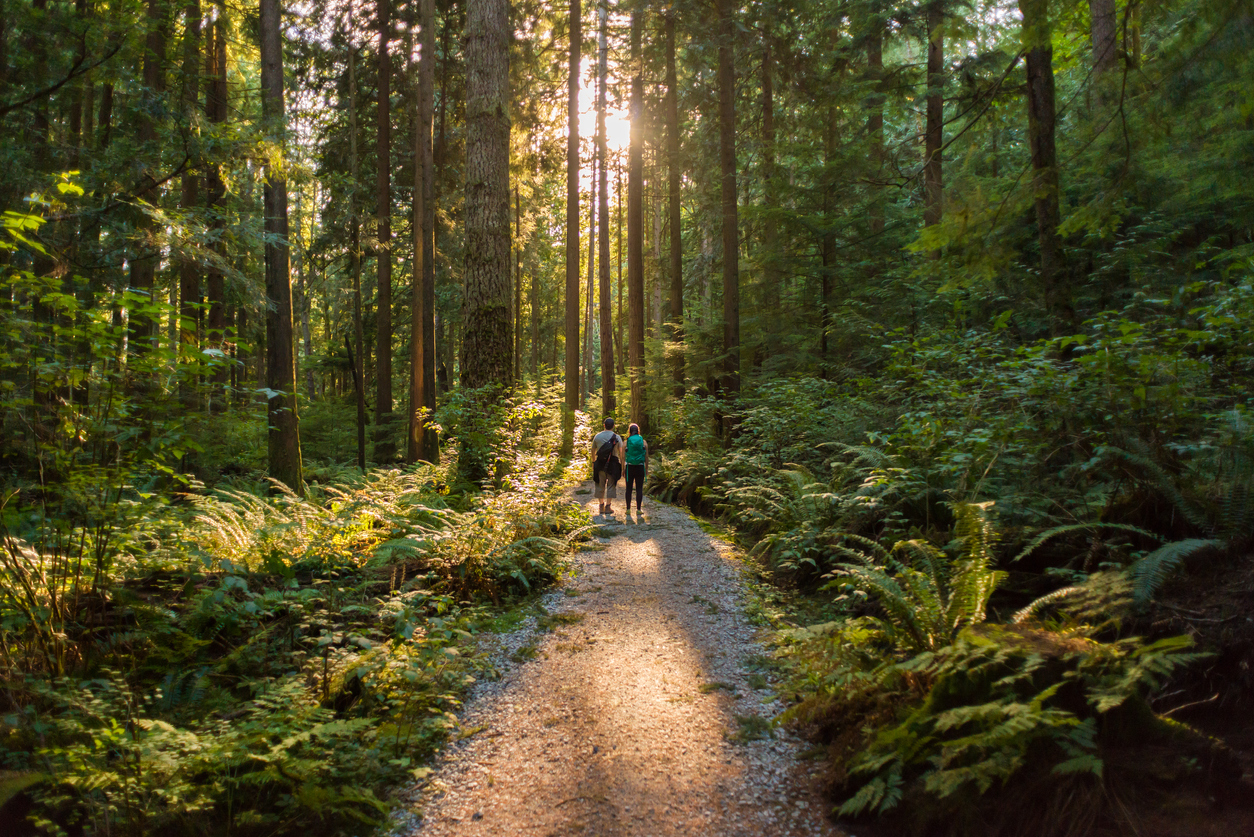News release
From:
According to new research from UNSW Sydney, a dose of the outdoors may be what the doctor ordered.
Imagine that your doctor prescribes you a new treatment. It’s pleasant and enjoyable, and you can have as much as you want. Potential side effects include spontaneous euphoria and being in a good mood. Not to mention, it’s free and available all around you.
It’s not a drug or some other medical procedure that your doctor has recommended. Instead, it is a ‘nature prescription’ – a recommendation to spend time in nature.
Researchers from UNSW Sydney assessed international evidence for nature prescriptions and their ability to improve health. They analysed 28 studies that tested nature prescriptions in real-world patients. This research was led by Professor Xiaoqi Feng from UNSW Medicine & Health and Professor Thomas Astell-Burt from the University of Wollongong, who are the Co-Directors of the Population Wellbeing and Environment Research Lab (PowerLab).
The systematic review and meta-analysis, published today in The Lancet Planetary Health, found that nature prescriptions provided both physical and mental health benefits. Patients had reduced blood pressure, as well as lower depression and anxiety scores – and they had a higher daily step count.
“The evidence shows that nature prescriptions can help to restore and build capacities for better physical and mental health. What we need now is to work out how to make nature prescriptions happen in a sustained way for those people with high potential to benefit, but who currently spend little time in nature,” said Prof. Feng.
Nature makes us healthier
Research shows that contact with nature reduces harms, including those from poor air quality, heatwaves, and chronic stress, while encouraging healthy behaviours such as socialising and physical activity. This can help to prevent issues including loneliness, depression and cardiovascular disease.
“This study is built upon a long-term program of research that we are doing, where we show contact with nature – and trees especially – is really good for strengthening mental and physical health across our lives,” said Prof. Feng.
Previous research by Prof. Feng shows that living close to certain types of green space can improve health. For example, in a study of almost 47,000 adults in New South Wales (NSW), those living in areas with 30 per cent or more tree canopy reported better general health and reduced psychological distress. This research has informed the City of Sydney’s $377 million strategy to reach 40 per cent green cover by 2050.
“But even if you have a high-quality green space like a park nearby, it doesn’t mean that everyone will visit and benefit from it,” said Prof. Feng.
“How can we encourage and enable people to (re)connect with nature? That’s where the idea of a nature prescription comes in.”
Taking nature prescriptions mainstream
Nature prescriptions are emerging as a supplement to standard medical care. For example, the UK Government recently invested £5.77 million in a pilot program for ‘green social prescribing’ and Canada has a national nature prescription program.
In Australia, there is growing public interest in nature prescriptions. A recent survey of Australian adults led by Prof. Feng showed that over 80 per cent of people were receptive to the idea.
However, there are no large-scale nature prescription programs in Australia yet. More research is needed to understand how nature prescriptions could be implemented in our local context.
“So how long should the nature prescription be for? What should be in the prescription? How should we deliver it, and by whom? These questions don’t have firm answers yet,” said Prof. Feng.
“If we want nature prescriptions to become a national scheme, we really need to provide the evidence.”
It’s also important for nature prescriptions to be accessible to all Australians. Previous research from Prof. Astell-Burt and Prof. Feng has shown that low-income communities are least likely to have access to green space. Yet, these communities are more at risk of chronic health issues like type 2 diabetes, obesity and cardiovascular disease.
“We don’t want nature prescriptions to be a luxury item for the rich who already have access to beaches and a lot of high-quality green space,” Prof. Feng said. “We want these benefits for everyone.”



 Australia; NSW; VIC
Australia; NSW; VIC



